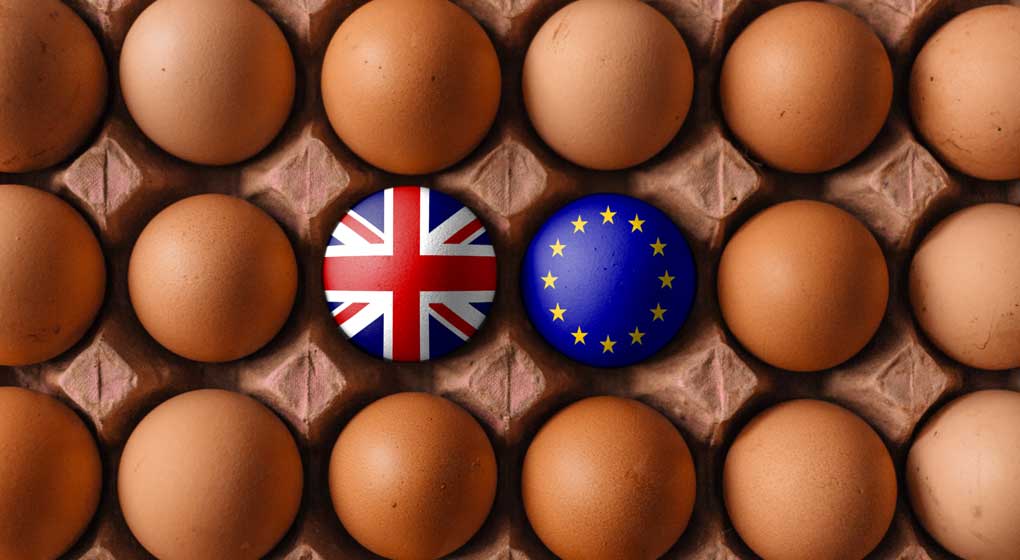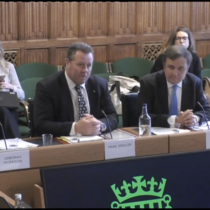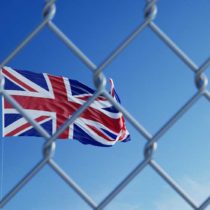Keep your friends close and your neighbours closer
I asked in my article ‘It Takes WTO to Tango’ for any enthusiastic readers to do a bit of homework and do a simple internet search in the top trade partners of Singapore, China, the USA and Argentina to see what share was with their immediate regional partners just to highlight the importance proximity in trade.
The key point was that the idea that other WTO members successfully trade on WTO terms is false and that all of the 164 WTO members enjoy enhanced access through some sort of bilateral or regional trade agreement even if they do not have one with the EU or the US. This includes the big players.
Clearly the homework was too much of a challenge but don’t worry, I have the answers! And they are surprising. The numbers are from 2018
Singapore. The model of free trade. Almost three-quarters (73%) of Singaporean exports are with fellow Asian countries with the only major trading partner in the top 10 being the US with 7.7% of trade. It is a member of the Comprehensive and Progressive Agreement for Trans-Pacific Partnership (CPTPP) and has numerous other regional Trade Agreements.
China. Very close to half (47.8%) of Chinese exports go to fellow Asian countries and most of those are immediate neighbours. The US is certainly important at 19.2% of exports but even China sees the crucial benefit of its immediate markets.
All the evidence shows that most countries trade predominantly with their near neighbours and any view that the UK can uniquely change this and shrug off a no-deal Brexit by going elsewhere is nonsense.
USA. Around a third (33.9%) of US exports went to Canada and Mexico and the single largest market was Canada with 18% of exports. To put this in perspective pre trade war exports to China amounted to 7.2% so the US exports well over double to a country with more or less the same population as Shanghai (35.9 million – metro area)
Argentina. Interesting because it has a more diverse export portfolio but, even so, about a third of Argentine exports by value are delivered to fellow Latin American (excluding Mexico) and Caribbean countries. It ships about a quarter of its exports to Asian destinations and around 18% to Europe. But even here the regional trade is crucial.
I appreciate that this is perhaps a long way to get to the point but our politicians need to deal in facts and realities and not some fantasy world where the UK will forge ahead with far flung trade agreements, leaving the ailing EU behind. The EU accounts for just under half of all UK exports and in the meat sector it is much higher than this.
With export customers in Europe hours rather than days away we can compete directly with domestic producers and this is especially the case for lamb export to the Continent. The fresh trade depends on this.
All the evidence shows that most countries trade predominantly with their near neighbours and any view that the UK can uniquely change this and shrug off a no-deal Brexit by going elsewhere is, I’m afraid, nonsense. There is already evidence that Continental buyers are reluctant to commit to contract with the uncertainty surrounding 31 October and the risk of tariffs but if this becomes a reality the business may be permanently lost. Let’s hope that common sense prevails.







